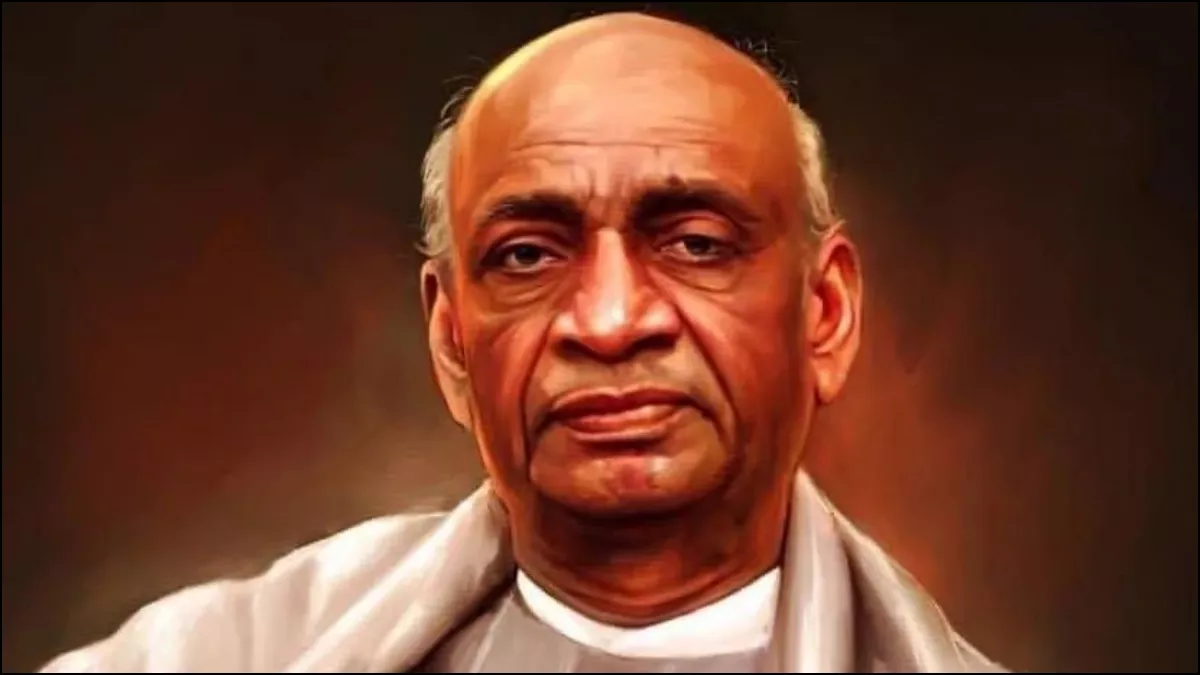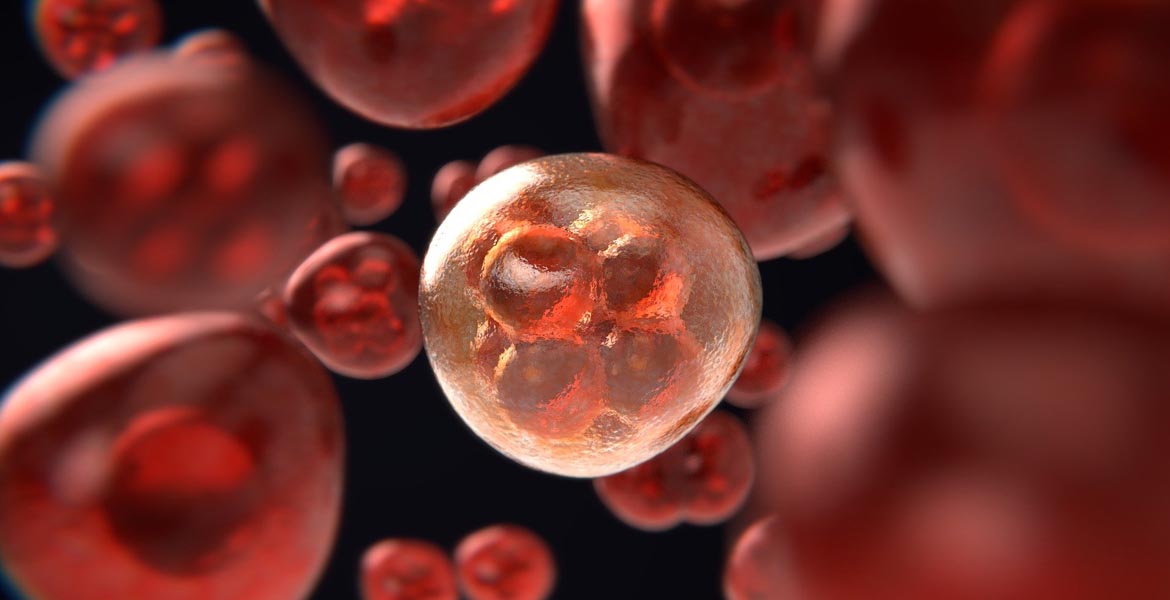Introduction
October 31st holds a special place in the heart of every Indian as it marks the birth anniversary of the "Iron Man of India," Sardar Vallabhbhai Patel, the first Home Minister of Independent India. This significant day is celebrated as National Unity Day or Rashtriya Ekta Diwas, a tribute to the man who played a pivotal role in unifying our diverse nation.
Sardar Vallabhbhai Patel: The Unifier
Vallabhbhai Jhaverbhai Patel, affectionately known as Sardar Patel, was born on October 31, 1875, into a landowning family of the Leva Patidar caste. His legacy, however, extends far beyond his birthright; he is celebrated for his unwavering commitment to the unity of our nation.
The Birth of National Unity Day
In 2014, the Government of India introduced Rashtriya Ekta Diwas to pay homage to Sardar Patel's remarkable contributions. This occasion serves as a platform to honor the man who not only unified the country but also demonstrated its inherent strength and resilience. In an official statement, the Central government declared that National Unity Day would "reaffirm the inherent strength and resilience of our nation to withstand the actual and potential threats to the unity, integrity, and security of our country."
The "Iron Man" of India
Sardar Patel's most remarkable feat was persuading nearly 565 self-governing princely states, which had been released from British suzerainty, to accede to the Union of India. For his unwavering dedication to national integration, he earned the well-deserved title of the "Iron Man of India."
Life and Career
Sardar Patel's journey was one marked by determination and excellence. He embarked on his educational journey at a young age, attending primary school in Karamasad and high school in Petlad. He married at 16, matriculated at 22, and passed the district pleader's examination, paving the way for a successful legal career. To further his expertise, he journeyed to London in 1910 to study at the Middle Temple, where he excelled in his final examinations.
Upon his return to India in 1913, he settled in Ahmadabad, quickly rising to become a prominent barrister in criminal law at the Ahmadabad bar. His commitment to justice and equality led him to change his lifestyle and appearance, embracing the principles of satyagraha advocated by Mahatma Gandhi.
The Freedom Struggle
In 1917, Sardar Patel made the pivotal decision to follow and support Gandhi, a turning point in his life. He abandoned his previous lifestyle, adopting the simple white attire of an Indian peasant and their traditional way of life. His dedication was evident in his leadership during mass campaigns, particularly in Kaira, Gujarat, against the Bombay government's decision to collect full annual revenue taxes despite crop failures caused by heavy rains.
In 1928, he led the landowners of Bardoli in their resistance against increased taxes, earning him the revered title of 'Sardar' (leader). This marked the beginning of his journey as a renowned nationalist leader across India.
Post-Independence Achievements
In the years following India's independence, Sardar Patel held multiple key positions, including Deputy Prime Minister, Minister of Home Affairs, Minister of Information, and Minister of States. His most enduring legacy, however, lies in his peaceful integration of the princely Indian states into the Indian Union, achieving the political unification of India.
Conclusion
On October 31st, National Unity Day, we remember and honor Sardar Vallabhbhai Patel, the visionary leader who sowed the seeds of unity in our diverse nation. His life and legacy continue to inspire generations, reminding us of the strength that lies in unity. Though he left us on December 15, 1950, his spirit lives on, and his contributions to the nation remain an integral part of India's history.











Comment
No Comment Here